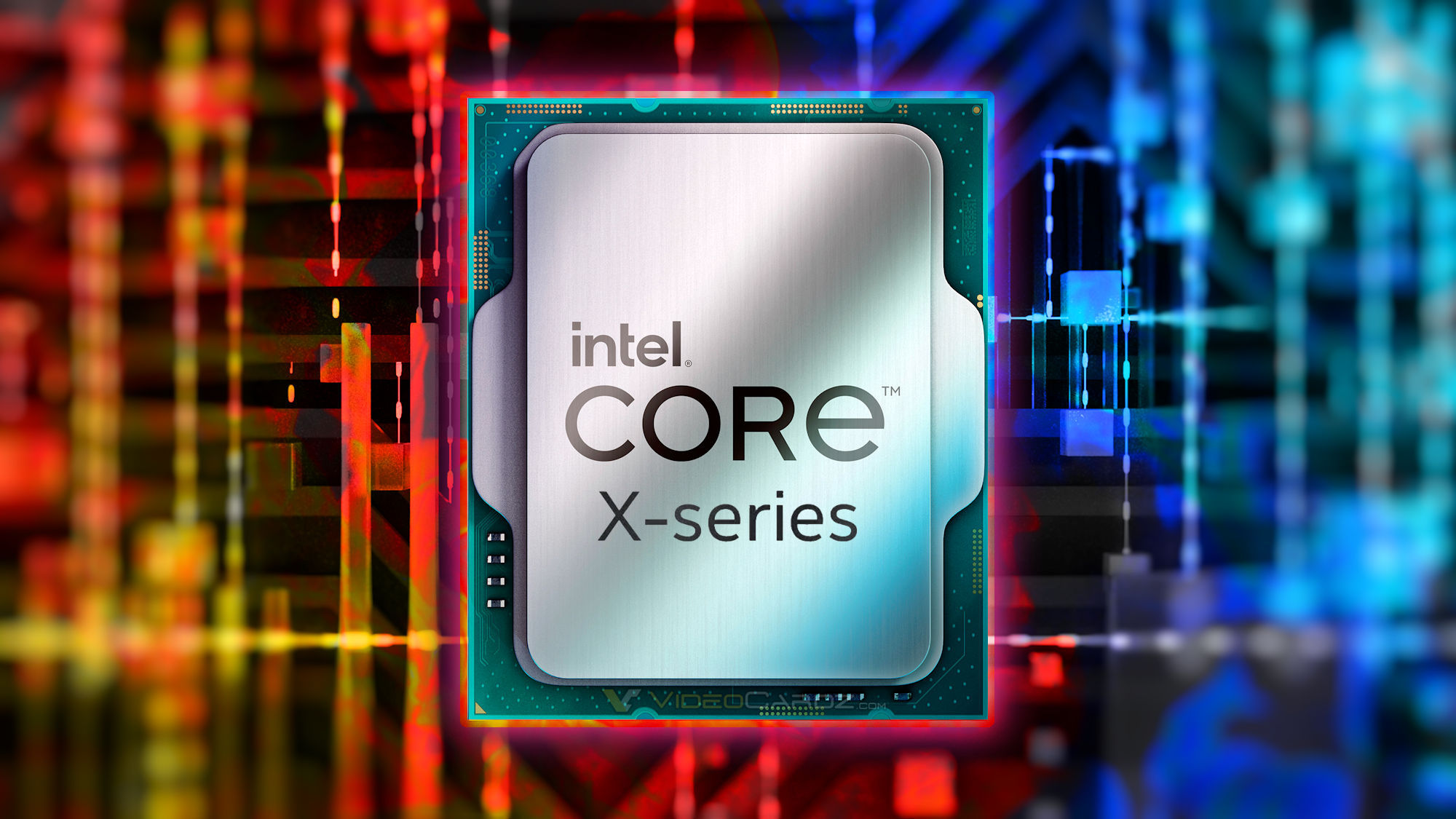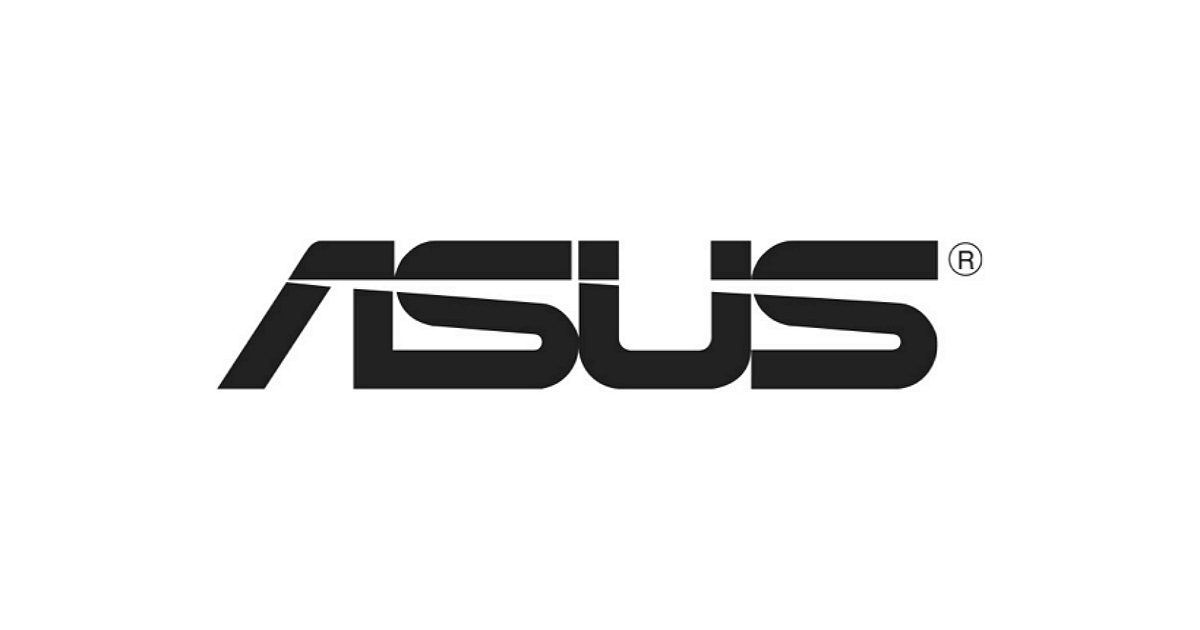Simple: Google.
(I have "some" Google-Fu skills.

)
Download the manual and read that. It's all written in there.
Those are related as in data backup.
If you only have single copy of your data, and when it gets corrupted, you have no backups to pull the original back. Hence why NAS and/or RAID help.
Further reading from here:
https://forums.tomshardware.com/threads/what-is-your-backup-situation-at-home.2997205/
Yes, NAS and/or RAID can store errors, if the file that you move from live to storage is corrupted. But for that, there are safeguards in place (e.g file verification prior to back up).
Now, getting errors in RAM, is so slim, that it just isn't cost effective for end user. For all the time i've been with PCs (20+ years now), i have yet to see my consumer grade RAM producing corruption in my files.
Though, even if you get your workstation MoBo with ECC RAM, there is no protection against the Windows itself. Since none of the software code that is written, is 100% perfect. The tiny bugs that are within any software code, is enough to eventually corrupt the data they handle. Now, it may take 5, 10 or more years, but no software is ever "corruption proof". And here is where NAS and/or RAID comes into play. Since when your data eventually gets corrupted, you have a backup (preferably offline), from where to take your data again.
That build is the consumer example, of what you could get with your very limited budget.
It is limited.
Now, those MoBos what i found, only Asus and Supermicro MoBos support DDR5. The rest support DDR4.
DDR5 does have on-die ECC (explained by
@Eximo ) and if you want to go with DDR5, the choice comes down only to Supermicro MoBos. I checked and both MoBos go for almost 500 bucks. Also, both are ATX, so, the dream of yours having micro-ATX or mini-ITX build is also out of the window.
Another option, to get the Asus mini-ITX MoBo with ECC RAM working, would be going with Xeon CPU and ditching your i5-12600 idea. But the cost of Xeon CPUs will skyrocket, fast.
Regarding the on-die ECC on DDR5;
Source: White paper (M-WP009) on "Migration to DDR5 Memory Modules" by SMART Modular Technologies
How to find the white paper:
- Go to https://www.smartm.com/
- In search, type in "migration"
- Download the "M-WP009 Migration to DDR5 Memory Modules" white paper (it's in *.pdf)
So, if you go with DDR5, besides having on-die ECC, you'd also want DDR5 module to have side-band ECC as well. <- Finding such RAM is quite an ordeal. Paying for it is another story since side-band ECC RAM is far more expensive than RAM without any ECC (or on-die ECC).





 )
)